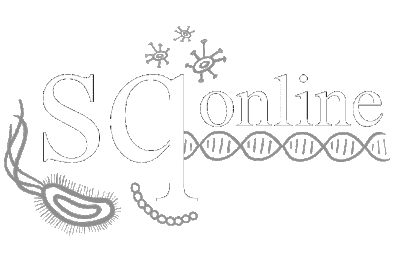Every week our Research Editors highlight a few of the latest headlines in science news and explain why these pieces are interesting and applicable to our classes at UC San Diego. If you find an engaging science article, share it with us on our Facebook page and your highlight may just be featured!
Calorie-restricting diets slow aging, study finds | Science Daily
Neuroscientists have discovered that diets with fewer calories stop the normal rise and fall in activity levels of hundreds of different genes responsible for aging and memory formation. They performed studies on mice and found that fewer calories from carbohydrates slow down aging and chronic diseases.
If you are interested in aging, consider taking Dementia, Science, and Society (BILD 38).
– Jasmine Chau | Sr. Research Editor
Bluefin Tuna, Chinese Cobra and Others Added to Red List of Threatened Species | Scientific American
The International Union for Conservation of Nature’s (IUCN) Red List of Threatened Species has been updated and identifies 22,413 species as threatened with extinction. 310 species were added to this latest update, with species such as the Pacific Bluefin tuna, Chinese pufferfish, and Chinese cobra joining the ranks. Several other species have been declared extinct, and several more are critically endangered.
If you are interested in extinction, consider taking Biodiversity (BIEB 140).
– Jasmine Chau | Sr. Research Editor
Improving memory by suppressing a molecule that links aging to Alzheimer’s disease | Science Daily
Researchers have discovered a method to improve memory by manipulating PERK, a specific molecule that is known to function poorly in old age and is also very closely linked to Alzheimer’s disease. The newfound ability to manipulate it, without causing any harm to the brain, paves the way for improving memory capability and has the potential to slow the development of diseases like Alzheimer’s.
If you are interested in learning more about neurological diseases, consider taking Diseases of the Nervous System (BIPN 150).
– Neil Srinivas | Jr. Research Editor
Side effects of possible anti-cancer strategy discovered | Science Daily
The Malt1 protein is one of the most important control centers in human immune cells and genetic defects in it can result in the development of lymphoma. Therefore, a possible preventative approach is to specifically block certain functions of Malt1, resulting in the destruction of the cancer cells. However, scientists have now found that such a blockade can cause serious side effects. When the Malt1 protein in mice was modified so that it could no longer act as a protease but could still carry out all its other functions, scientists discovered that the the immune system actually attacked and destroyed key neurons that coordinate movement! This discovery sheds light onto the potentially serious side-effects of cancer fighting strategies currently employed.
If you are interested in learning about the metabolism of cancer cells, consider taking Biology of Cancer (BIMM 134).
– Neil Srinivas | Jr. Research Editor
